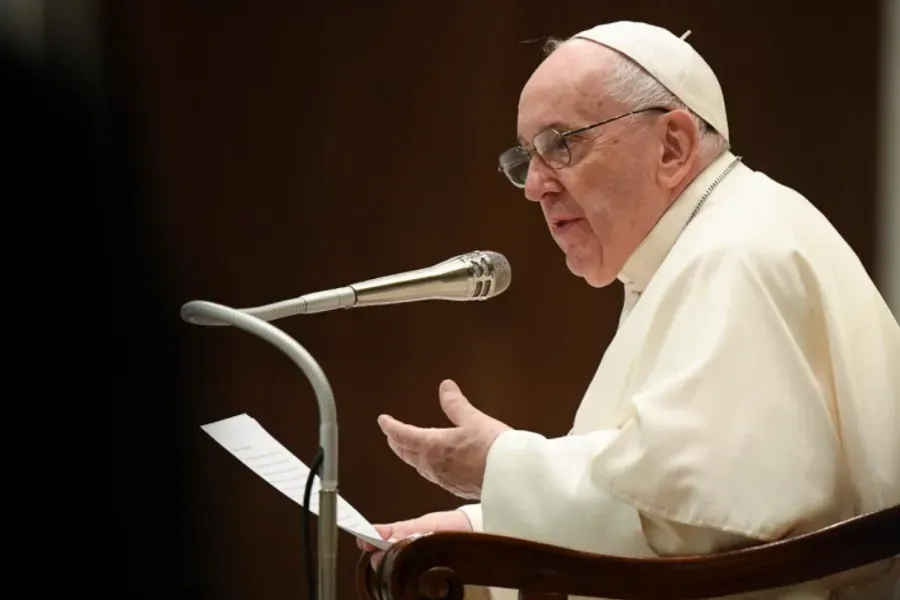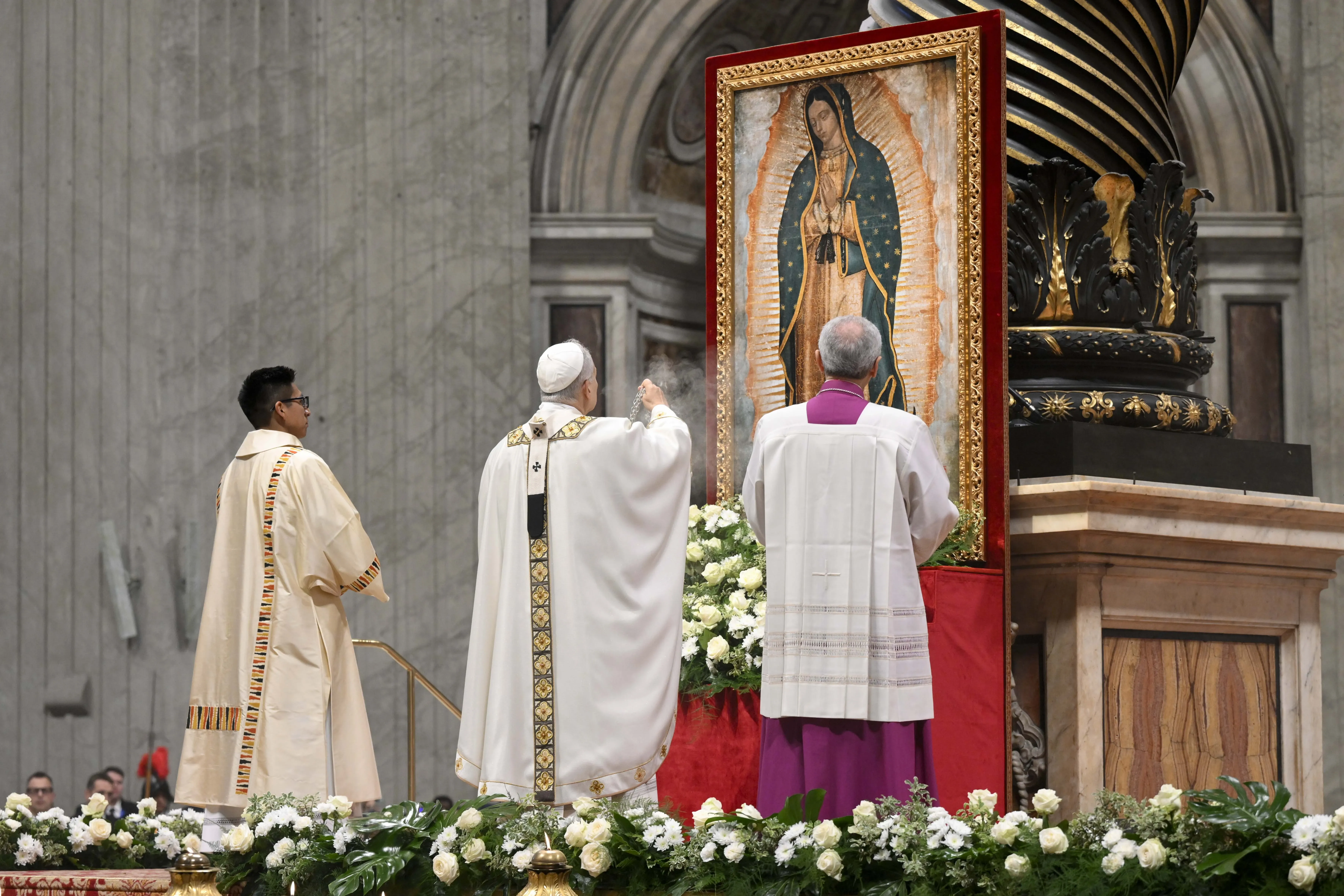The book tries “to bring to light and to make explicit the profound link between the current social Magisterium and the statements of the Second Vatican Council,” he said.
He explained that the link did not always emerge at first sight, because “in the history of Latin America in which I have been immersed, first as a young Jesuit student and then in the exercise of the ministry, we have breathed an ecclesial atmosphere which, with enthusiasm, has absorbed and made the theological, ecclesial and spiritual insights of the Council its own, and has inculturated and implemented them.”
The Second Vatican Council, which took place from October 1963 to December 1965 was an ecumenical council of the Catholic Church, convened by Pope John XXIII to bring about spiritual renewal in the Church as it faced the epochal changes of the 20th century.
The Council Fathers, in four sessions also attended by thousands of priests, religious, and lay people, produced 16 documents that shape the Catholic Church today.
Pope Francis was a young man in his late 20s at the time Vatican II was taking place.
He said that for him and others his age, the Second Vatican Council “became our ecclesial and pastoral ecosystem, but we did not get into the habit of often quoting the conciliar decrees or dwelling on reflections of speculative type.”
The pope noted that today, after decades of changes in the world and the Church, key concepts from the Council and the foundations of its arguments need to be made more explicit.
The first part of the new book is an interpretation of Pope Francis’ social Magisterium, “bringing to light something that is a bit submerged between the lines,” Francis said, “that is, the teaching of the Council as a fundamental basis, a starting point, a place that generates questions and ideas and that therefore, also guides the invitation that I address today to the Church and to the whole world on fraternity.”
Today, he added, “we realize that there is a need not only for a Church in the modern world and in dialogue with it, but above all for a Church that places herself at the service of man, taking care of creation and announcing and realizing a new universal fraternity, in which human relationships are healed of selfishness and violence and are founded on mutual love, acceptance, solidarity.”
Pope Francis highlighted the importance of Vatican II in a letter to bishops in July, explaining why he was imposing restrictions on the Traditional Latin Mass.








